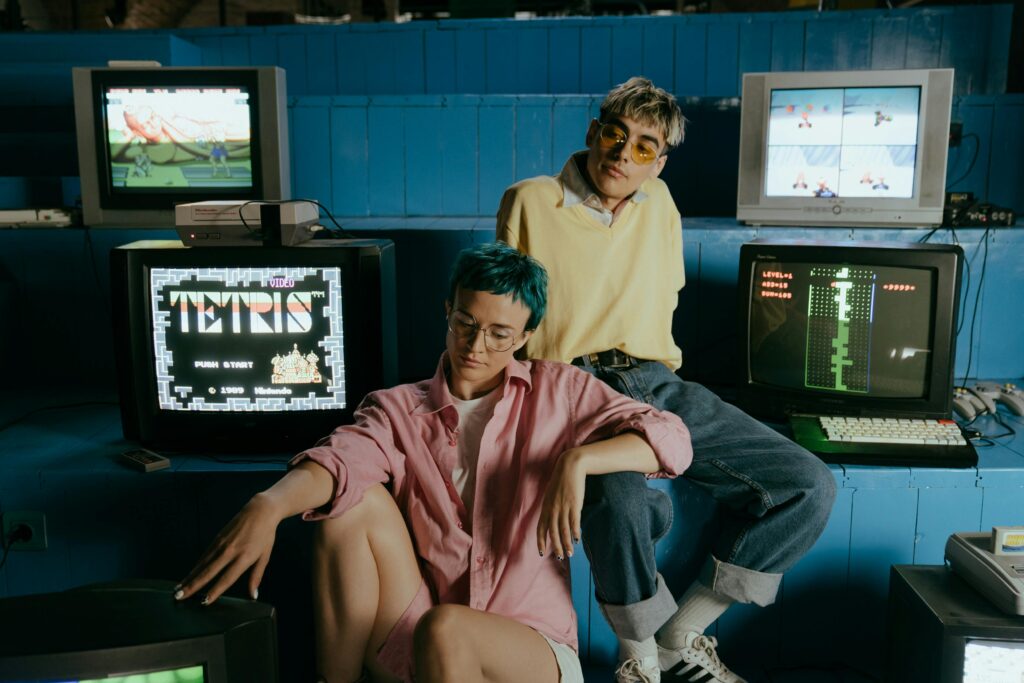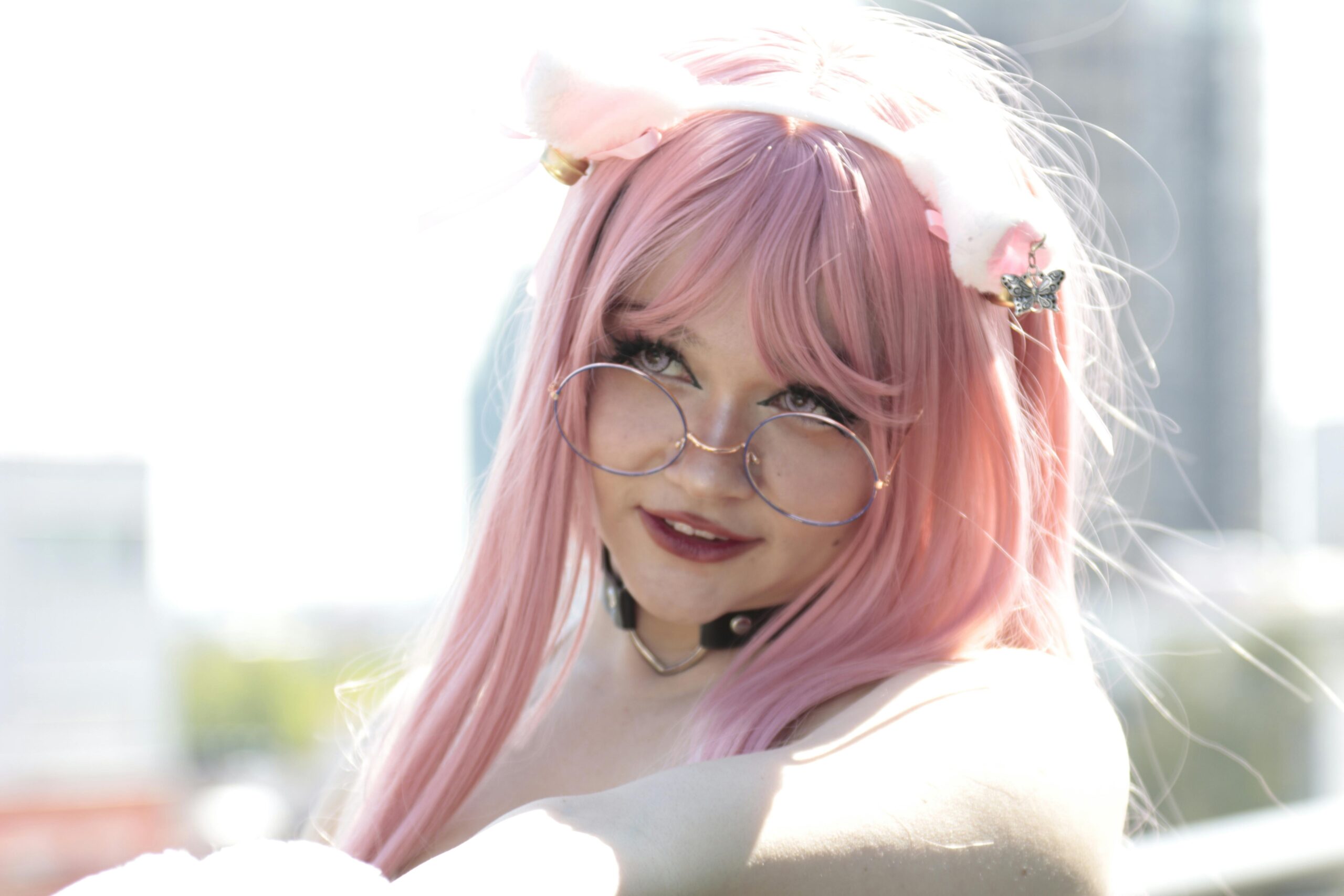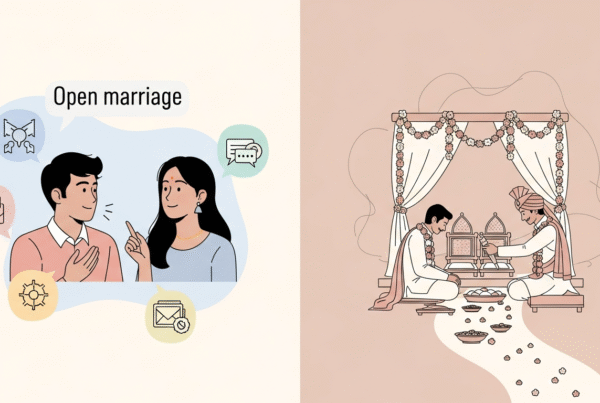In September, the internet was shaken by the case of D4vd, a 20-year-old musician, and Celeste Rivas Hernandez, who was only 15 when she died after being missing for months. Soon after, old Discord chats surfaced showing he had been interacting with her when she was much younger, possibly as early as eleven. What unsettled people most was not only the age gap but the silence of his server community. They seemed to know he was dating her, but nobody stepped in. The details are tragic, but the pattern is familiar. Discord has a way of flattening power, erasing age, and making imbalance hard to see until it is too late.
I am 25. Old enough to remember when the internet was mostly Facebook and text messages, but young enough to know what it feels like when your closest relationships happen on a server at two in the morning. For my generation, Discord is not just a gaming platform. It is where friendships deepen, where jokes become love notes, and where intimacy grows without anyone asking how old you are or what city you live in. A ping can be validation, heartbreak, or the start of something that feels like love.
 Dating today rarely moves in straight lines. Talking stages stretch on forever. Situationships replace clarity with ambiguity. Ghosting is so common it has become expected. Instagram couples soft-launch their relationships with cropped photos and coffee mugs, leaving the rest of us scrolling through curated affection and wondering what we lack. Apps like Tinder and Bumble present love as a marketplace, where intimacy is swiped and sorted. In that ecosystem, Discord feels different. You do not have to market yourself. You just show up, night after night, until someone notices. Connection grows slowly, but in that slowness the warning signs blur. A 20-year-old and a 32-year-old can look like peers when what matters most is who is online the longest.
Dating today rarely moves in straight lines. Talking stages stretch on forever. Situationships replace clarity with ambiguity. Ghosting is so common it has become expected. Instagram couples soft-launch their relationships with cropped photos and coffee mugs, leaving the rest of us scrolling through curated affection and wondering what we lack. Apps like Tinder and Bumble present love as a marketplace, where intimacy is swiped and sorted. In that ecosystem, Discord feels different. You do not have to market yourself. You just show up, night after night, until someone notices. Connection grows slowly, but in that slowness the warning signs blur. A 20-year-old and a 32-year-old can look like peers when what matters most is who is online the longest.
Mods make this dynamic sharper. On Discord, a teenager, a college student, and someone older can all carry the same tag. That badge looks equal, but it also grants trust. When a mod pushes boundaries, the power imbalance is already there. Layered onto this is the culture of “Discord kittens.” Some kittens play at being cute and submissive for attention. Others do it for money or perks, like Nitro subscriptions and small cash transfers. It can look like harmless play. In practice it turns affection into currency and teaches people to accept unequal scripts as intimacy.
In India, these blurred hierarchies feel even more dangerous. Offline dating is judged from every angle. Parents, neighbours, even strangers in a café or park feel entitled to comment. Dating apps promised freedom but carry stigma and real safety risks. Servers feel safer because they do not announce your intention. You can fall in love without naming it. You can protect intimacy from family and gossip. But the safety is thin. Behind avatars, the teenager and the thirty-year-old mod look identical. The kitten dynamic feels like fun until you realise what you have lost.
My younger sister is 17 and spends more time on Discord than I ever have. She laughs in voice channels, builds friendships with usernames I will never know, and trusts people I cannot see. I understand the pull. I also worry. I know how these servers cradle you when you are lonely, and how easily that cradle can become a cage.
 The pandemic deepened this dependence. Lockdowns turned the internet from pastime into lifeline. Discord, Zoom, and group chats became the only way to stay connected. For many of us, friendships and crushes that began during those months still shape our lives. We learned to fall asleep with headphones on, to replace the noise of cities with the comfort of someone breathing at the other end of a call. The pandemic did not just normalise digital intimacy. It made it essential. That urgency has stayed, even as the world reopened.
The pandemic deepened this dependence. Lockdowns turned the internet from pastime into lifeline. Discord, Zoom, and group chats became the only way to stay connected. For many of us, friendships and crushes that began during those months still shape our lives. We learned to fall asleep with headphones on, to replace the noise of cities with the comfort of someone breathing at the other end of a call. The pandemic did not just normalise digital intimacy. It made it essential. That urgency has stayed, even as the world reopened.
For queer youth in India, servers are more than spaces to flirt. They are sanctuaries. In a country where coming out can still fracture families, Discord offers anonymity and community. A teenager in a small town can find queer peers without fear of being exposed. Servers make it possible to experiment with identity and intimacy in ways offline life does not allow. But safety has its own cost. When queerness is hidden inside servers, vulnerability becomes harder to spot, and predators can move unseen. For queer kids, the need for connection is even sharper, which makes the risk greater too.
The backdrop is loneliness. India has the world’s largest youth population, yet many of us live apart from family in hostels, PGs, or flats. Academic pressure, migration, and economic instability weigh heavily. Loneliness is rarely spoken of, but it governs how we date. A late-night “good morning” from someone across the world can feel more real than a crowded classroom. That craving for connection explains why we ignore red flags, why we tolerate situationships that hurt, why kitten arrangements can feel like proof of care instead of what they are.
The D4vd and Celeste case was not just about a celebrity. It was a reminder of how silence protects imbalance. In India, silence is something we know too well. We do not admit how lonely we are, so we do not admit how loneliness drives us to compromise. We guard intimacy so tightly that we sometimes refuse to call it unsafe, even when it is.
At 25 I sit between hope and caution. I want to believe that a server crush can grow into love, that online intimacy can be real. But I also know how quickly power disguises itself as affection, how easily attention turns into control. Maybe this is what it means to be young in India now. We fall in love in places our parents cannot imagine. We build secret lives in servers that feel safer than our own streets. We measure our worth in pings and likes, we drift between ghostings and situationships, we trade affection for intimacy and sometimes money.
And through it all, we wait. For the notification, for the reply, for the message that reminds us we are not alone. Because being young and Indian today means finding love in hidden corners of the internet. Sometimes that love is real. Sometimes it costs more than it gives. But we keep logging in, because the alternative feels like silence.





